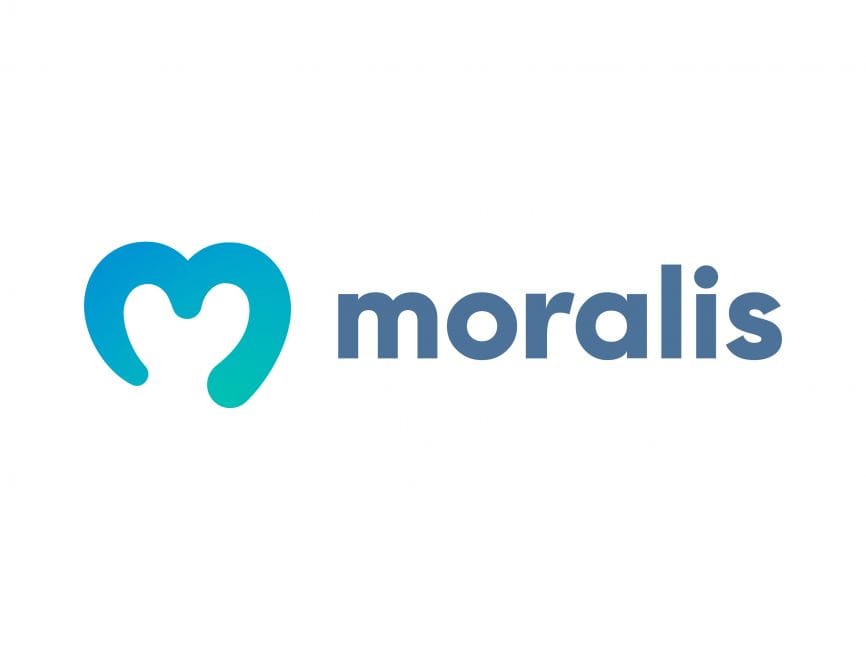Moralis: A Leading Web3 Development Platform

Moralis has emerged as a pivotal infrastructure provider in the Web3 ecosystem, offering developers a streamlined path to building decentralized applications (dApps). This review synthesizes insights from technical documentation, user testimonials, and industry analyses to provide a detailed evaluation of Moralis’ features, performance, and real-world applicability.
Overview of Moralis
Moralis is a serverless, cross-chain compatible platform designed to simplify dApp development by abstracting blockchain complexities. Its infrastructure supports Ethereum, Binance Smart Chain, Solana, and other major networks, enabling developers to focus on frontend logic rather than backend management. The platform’s core mission is to accelerate Web3 adoption through tools like real-time databases, user authentication via crypto wallets, and automated smart contract syncing.
Key Features and Technical Capabilities
Serverless Architecture
Moralis eliminates server management through serverless functions, allowing developers to deploy code without maintaining physical or virtual servers. This reduces overhead costs and scales automatically to handle fluctuating user demand.
Cross-Chain Interoperability
The platform’s APIs unify data across 20+ blockchains, including Ethereum, Solana, and Polygon. Developers can fetch wallet balances, NFT metadata, and transaction histories through a single interface, bypassing the need to interact directly with individual node providers.
Real-Time Data Streaming
Moralis Streams provides Web3-native event listeners that track on-chain activity (e.g., token transfers, contract interactions) and relay them to applications via webhooks. This feature supports monitoring millions of addresses with sub-second latency and 99.9% uptime.
Decentralized Storage Integration
By integrating with IPFS (InterPlanetary File System), Moralis enables immutable file storage for NFTs and application data. This ensures content persistence without relying on centralized servers.
Security and Compliance
As the only SOC 2 Type 2 certified Web3 infrastructure provider, Moralis guarantees enterprise-grade data protection. Its APIs filter out scam tokens and label wallet addresses to enhance security for end-users.
Unique Selling Points
- Accelerated Development Cycles: Moralis reduces dApp deployment timelines from months to days by pre-packaging authentication, database, and blockchain interaction modules.
- Unified API Layer: Instead of juggling multiple SDKs for different chains, developers access standardized endpoints for NFTs, tokens, and DeFi protocols.
- Cost Efficiency: The platform’s free tier includes 155 million monthly API requests, while premium tiers offer custom SLAs and dedicated support, making it accessible to startups and enterprises alike.
Performance and Reliability
Speed and Scalability
Moralis Nodes process API requests in 70 milliseconds on average, outperforming self-hosted solutions like Geth or Parity. Stress tests indicate consistent performance under load, handling 50+ million daily active users across applications like MetaMask and Trust Wallet.
Developer Experience
User reviews highlight intuitive SDKs and extensive documentation, with code snippets available for common tasks like fetching ERC-20 balances or listening for NFT mints. However, some developers note occasional bugs in testnet-to-mainnet transitions and limited customization options for advanced users.
Pricing and Plans
Moralis employs a tiered pricing model:
- Starter (Free): 155M monthly requests, basic analytics, and community support.
- Pro ($49/month): Higher throughput, premium API endpoints, and automated stream retries.
- Business ($249/month): Priority SLAs, dedicated account management, and unlimited address monitoring.
- Enterprise (Custom): Tailored infrastructure, compliance audits, and 100% data delivery guarantees.
Community and Educational Resources
Moralis Academy
The platform’s educational arm offers 500+ courses on blockchain development, DeFi, and crypto investing. Subscription-based modules combine video tutorials, coding exercises, and quizzes, catering to both beginners and seasoned developers.
Developer Support
Active Discord and forum communities provide real-time troubleshooting, with users praising responsive support teams. However, isolated complaints cite delays in resolving mainnet-specific issues.
Comparative Analysis
Strengths
- Rapid Prototyping: Startups like "Simons Cat" leveraged Moralis to launch NFT marketplaces in under 36 days.
- Cross-Chain Agility: Projects spanning Ethereum and Solana report 3x faster integration compared to chain-specific tools.
- Security: SOC 2 compliance and spam-filtering APIs mitigate risks in token transfers and wallet interactions.
Limitations
- Vendor Lock-In: Heavy reliance on Moralis’ abstractions complicates migration to self-hosted nodes.
- Learning Curve: Novice developers may struggle with advanced concepts like gas optimization despite tutorials.
Moralis stands out as a robust, developer-centric platform that democratizes access to Web3 infrastructure. Its serverless architecture, real-time data capabilities, and cross-chain interoperability make it indispensable for dApps prioritizing speed and scalability. While concerns about customization and long-term flexibility persist, the platform’s SOC 2 compliance and extensive educational resources position it as a leader in the BaaS (Blockchain-as-a-Service) sector. For teams seeking to minimize DevOps overhead and accelerate time-to-market, Moralis offers a compelling solution[3][8][27].
Future Outlook: As multi-chain ecosystems expand, Moralis’ ability to integrate emerging networks (e.g., Polkadot, Avalanche) and enhance analytics tools will determine its competitiveness against rivals like Alchemy and Infura.
